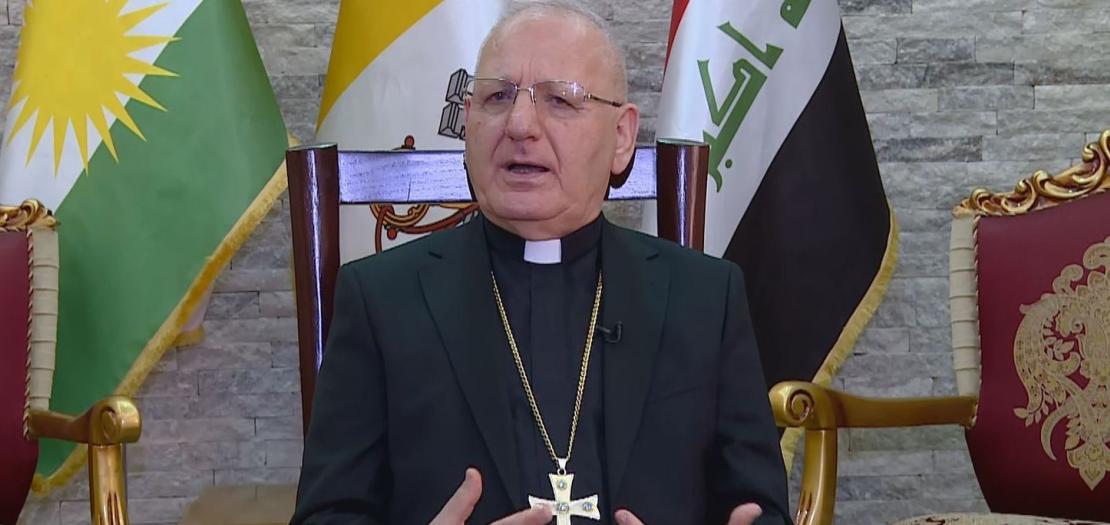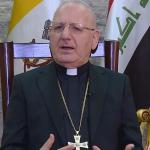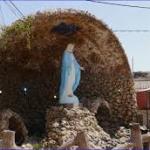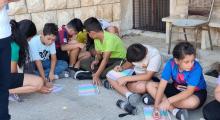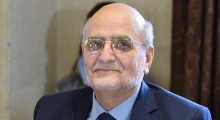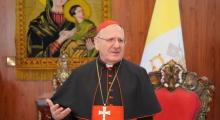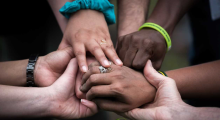Issued by the Catholic Center for Studies and Media - Jordan. Editor-in-chief Fr. Rif'at Bader - موقع أبونا abouna.org
In Mosul, once a multi-ethnic city, where at least 50,000 baptized people lived, there are now fewer than 70 Christian families. And across the country, Christians, who once exceeded one million, now number fewer than 500,000. These are some of the figures presented by Iraqi Cardinal Louis Raphael Sako, Patriarch of the Chaldean Church, during his speech on September 24 in Vienna to Austrian diplomats and politicians on the current situation of Christians in Iraq.
Throughout the last two decades, the Patriarch recalled, the Christian community in Iraq has endured immense suffering as they found themselves vulnerable despite being "the original inhabitants of the land". The plight of Christians has been weakened "due to conflicts based on sectarian differences, the presence of extremist organizations like Al Qaeda and ISIS, militias and criminal gangs, job discrimination, oppressive "Personal Status Law," and Islamization of minors."
Moreover, "a militia founded in 2014, claims to represent Christians, which is not true." All of these factors continue to drive Iraqi Christians into forced exodus from their homeland.
Among the short-term measures to be implemented to curb the exodus, the Patriarch emphasized the urgency of "ensuring genuine protection" for the Christian communities of the Nineveh Plain "through collaboration with the Federal Police rather than militias and the need to "restore looted properties and provide financial compensation for the losses incurred," so as to "create a favorable environment with incentives to encourage the return of Christian emigrants, particularly those residing in neighboring countries."
Looking to the more distant future, Cardinal Sako reiterated the need to foster the development of a state in which the law guarantees the prerogatives of every citizen, regardless of religious affiliation, overcoming sectarian mentality and tribal culture. A State founded on the principles of equality and citizenship, guaranteed by a "secular constitution."


